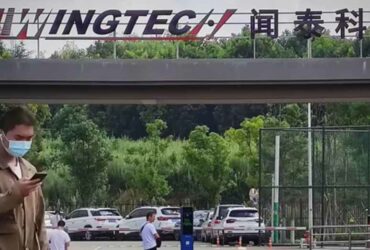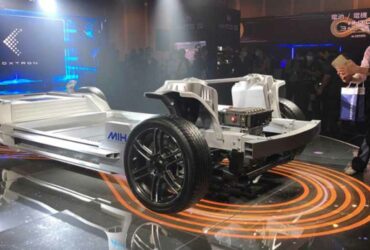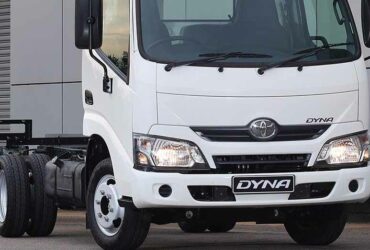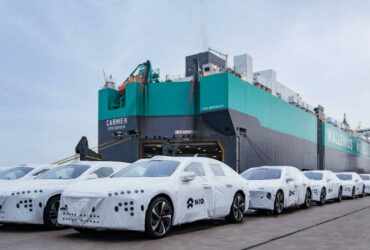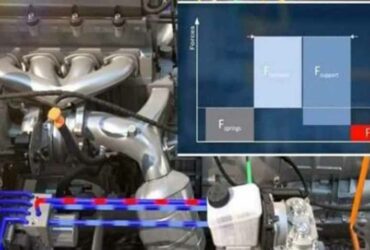Sweden-based Volvo Buses and Singapore’s Nanyang Technological University (NTU) developed an electric self-driving bus on March 5. It was revealed on Tuesday. It is reported that test runs will start in Singapore this year. Densely populated Singapore is encouraging self-driving car technology to encourage citizens to use public transportation systems more efficiently. The world’s first self-driving taxi was also tested in some public places in Singapore in 2016.
The 7900 single-decker electric bus manufactured by Volvo is 39 feet long and can carry up to 80 passengers. Volvo and NTU say it’s the world’s first self-driving bus the size of a regular bus. “This is the type of vehicle that bus companies will actually use. It’s also a milestone in self-driving technology,” the president of Volvo Buses told reporters. A Volvo self-driving electric bus will begin trial runs on the NTU campus next week.

After receiving approval from the regulatory agencies, it will be moved and tested on public roads. It is expected to be on the streets within a year, said NTU president Subra Suresh. A second Volvo self-driving electric bus will also be tested at a public transport company’s bus terminal. By 2022, we aim to start seeing self-driving buses and minibuses in three areas of Singapore. Volvo’s self-driving bus uses electric power, emits no smoke, and uses up to 80 percent less energy than diesel-powered buses of the same size.
It will also include a fast charging system that can be charged in 3 to 6 minutes. It is equipped with various sensors necessary for a self-driving car. It will be controlled by an advanced AI system with leading cyber security protections. In addition to Singapore, Britain and Japan are also planning to implement driverless transportation systems.








